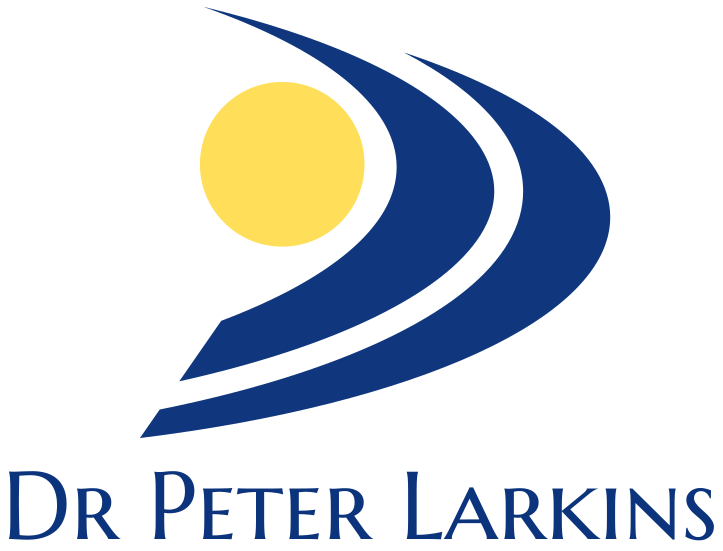Jet Lag
Jet lag is a topic that has been a subject of discussion for many decades. Its’ affects are highly individual and variable in most people, but in general terms the condition relates to fatigue and difficulty sleeping when an individual travels to another time zone. It results from the disturbance of the natural body biorhythms which control our day/night and wake/sleep cycles. In most circumstances individuals do not experience jet lag symptoms unless they travel through time zones which are more than 3 hours minimum difference from their home destination.
In my experience it appears that the multitude of strategies offered for prevention and treatment of jet lag seem to be almost as numerous as the number of flight destinations available to travel!
Here are some simple measures which appear to have stood the test of time in helping to eliminate or minimise jet lag symptoms.
1. Flight Times – travelling on an overnight flight from your destination can assist with getting more rest/sleep during the flight helping to offset the amount of fatigue at the arrival destination.
2. Arrive in Morning Daylight – arriving at the destination during the early or mid part of the day allows one to settle into your new destination and experience some daylight. It is usually advisable to try to remain awake until the normal sleep time of the arrival destination to fit in to the appropriate sleep pattern.
3. Exercise – taking some light form of exercise, even a simple walk around the district can assist in the body stabilising to the new location and assist with sleep.
4. Hydration – remaining well hydrated on the flight is helpful to offset the effects of dehydration or headaches, which can be associated with fatigue and jet lag.
5. Healthy eating – eating light meals on the flight and not having a heavy meal prior to retiring on the first evening in the new destination can assist with adjustment.
6. Melatonin use – Melatonin is the naturally produced hormone which controls our sleep/wake cycle and is primarily produced by the pineal gland. There are studies which administration of melatonin tablets can assist in adjusting to the time zone. Usually a small dose is taken in the hour or so prior to retiring to bed at the new destination and this helps to reset the body clock to a local sleep pattern.
7. Sleep – sleep itself is restorative and it is important to try and get adequate sleep within the new destination time frames to assist with fatigue and jet lag reduction.
Jet lag affects individuals in different ways and many people will have their own strategies that they have developed over the years. In any event, it is best to find what works for you but the good news is that it is a temporary condition and the body seems to find a way to settle into its biorhythms of the new destination within a couple of days of arrival.

